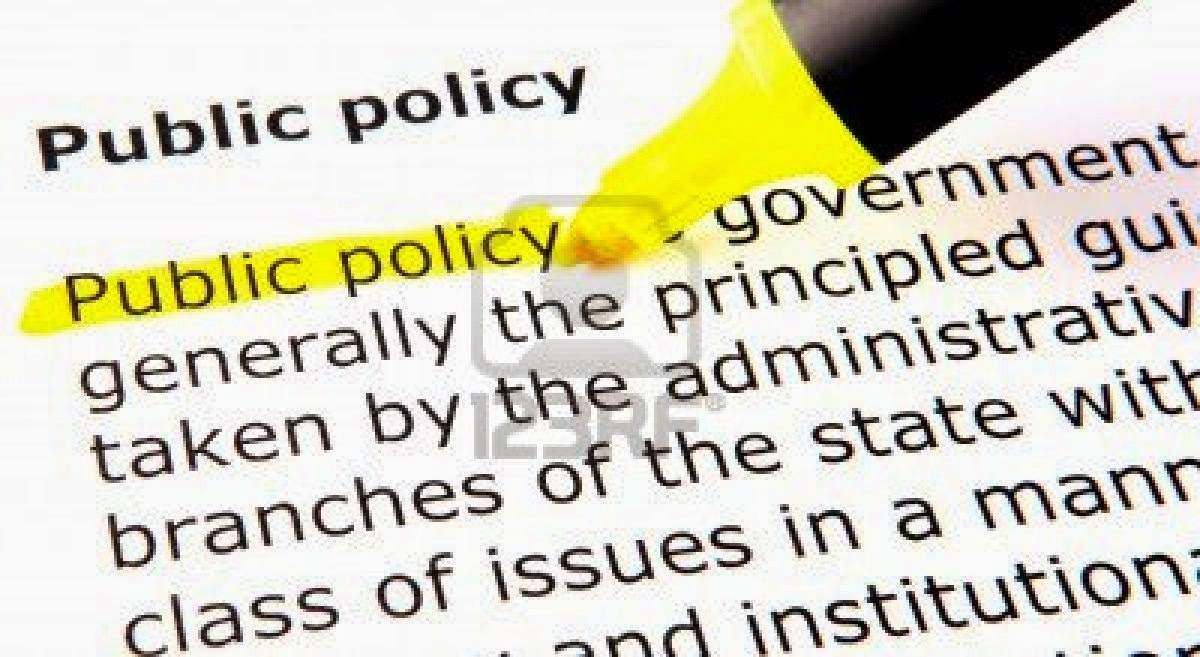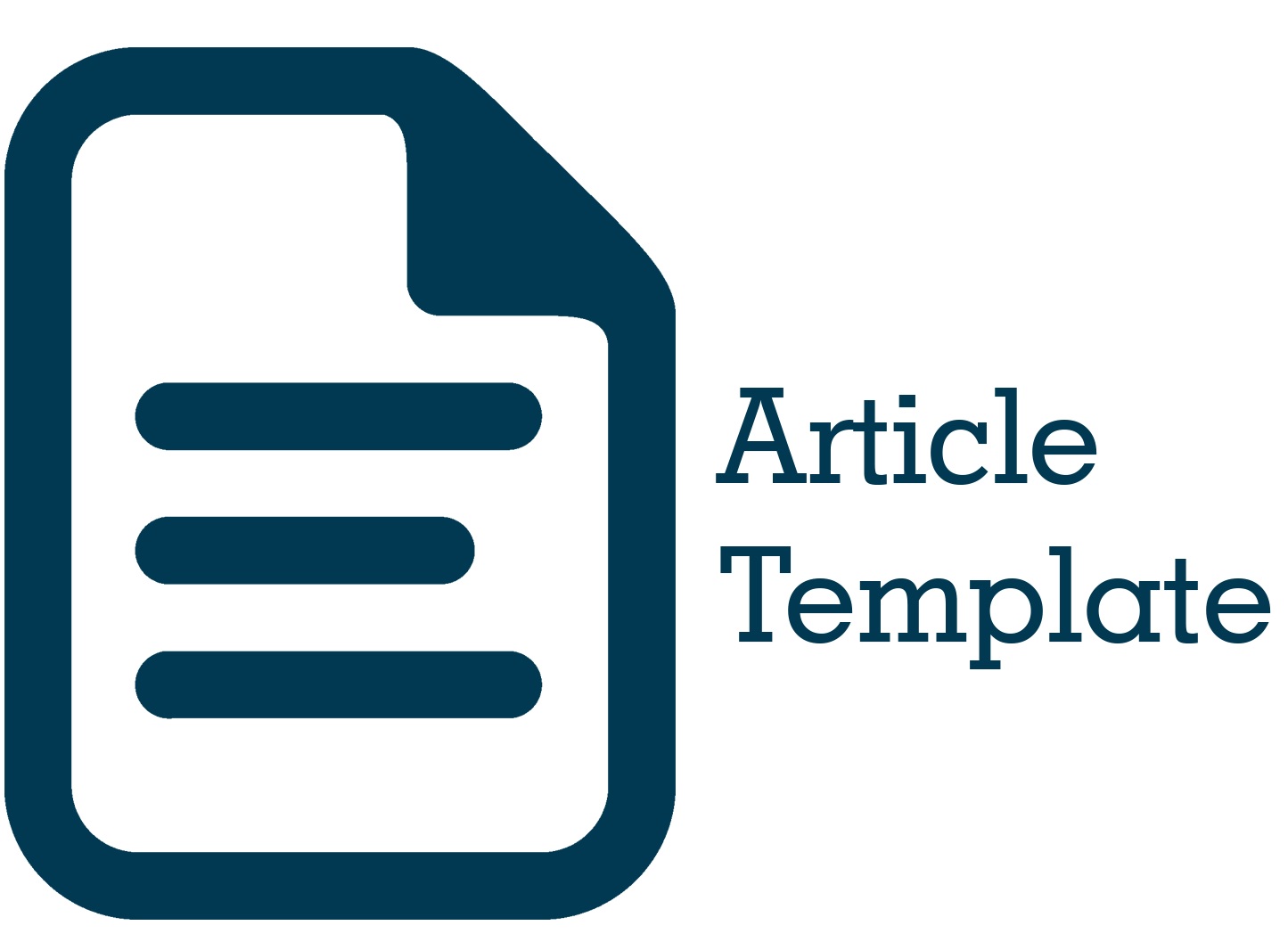Anteseden Intensitas Penggunaan Layanan E-Wallet dan Dampaknya Terhadap Spending Behavior pada Generasi Millenial
DOI:
https://doi.org/10.51135/PublicPolicy.v4.i2.p521-535Keywords:
Perceived Ease of Use, Perceived Usefulness, Perceived Credibility, Behavioral Intention to Use, E-Wallet, Spending BehaviorAbstract
This study aims to determine the effect of perceived ease of use, perceived usefulness and perceived credibility on the behavior of the intention to use e-wallet services and their impact on the spending behavior of the millennial generation in Ambon city. Respondents in this study were millennials who live in Ambon with a research sample of 100 respondents. This type of research is associative and the data source uses primary data. The data collection technique uses a questionnaire through the Google form. The collected data were then analyzed using the Partial Least Square (PLS) method with SmartPLS 3.0 software. The results of the study show that the shopping behavior of respondents in Ambon is influenced by the intensity of the intention to use e-wallet services. However, other findings show that perceived ease of use has a significant effect and perceived usefulness and perceived credibility do not have a significant effect on the intention to use e-wallet services. Then the limitations in this study are that the respondents who are involved are only the millennial generation. For this reason, it is hoped that further research can add other variables and add respondents from other generations.
Downloads

Downloads
Published
How to Cite
Issue
Section
License
Authors whose manuscripts are published in the Journal of Public Policy must agree to the following terms;
- Publication rights for all manuscript materials published are held by the editorial board with the author's consent.
- The legal formalities for digital access to the Journal of Public Policy are subject to the Creative Commons Attribution Sharealike (CC BY SA) license, which means the Journal of Public Policy has the right to store, redistribute, reformat, manage in a database, maintain, and publish the manuscript without seeking permission from the author as long as the author's name is included as the copyright owner.
- Published manuscripts are open access for the purpose of disseminating research results. Besides this purpose, the editorial board is not responsible for copyright law violations.


.png)



